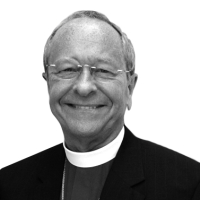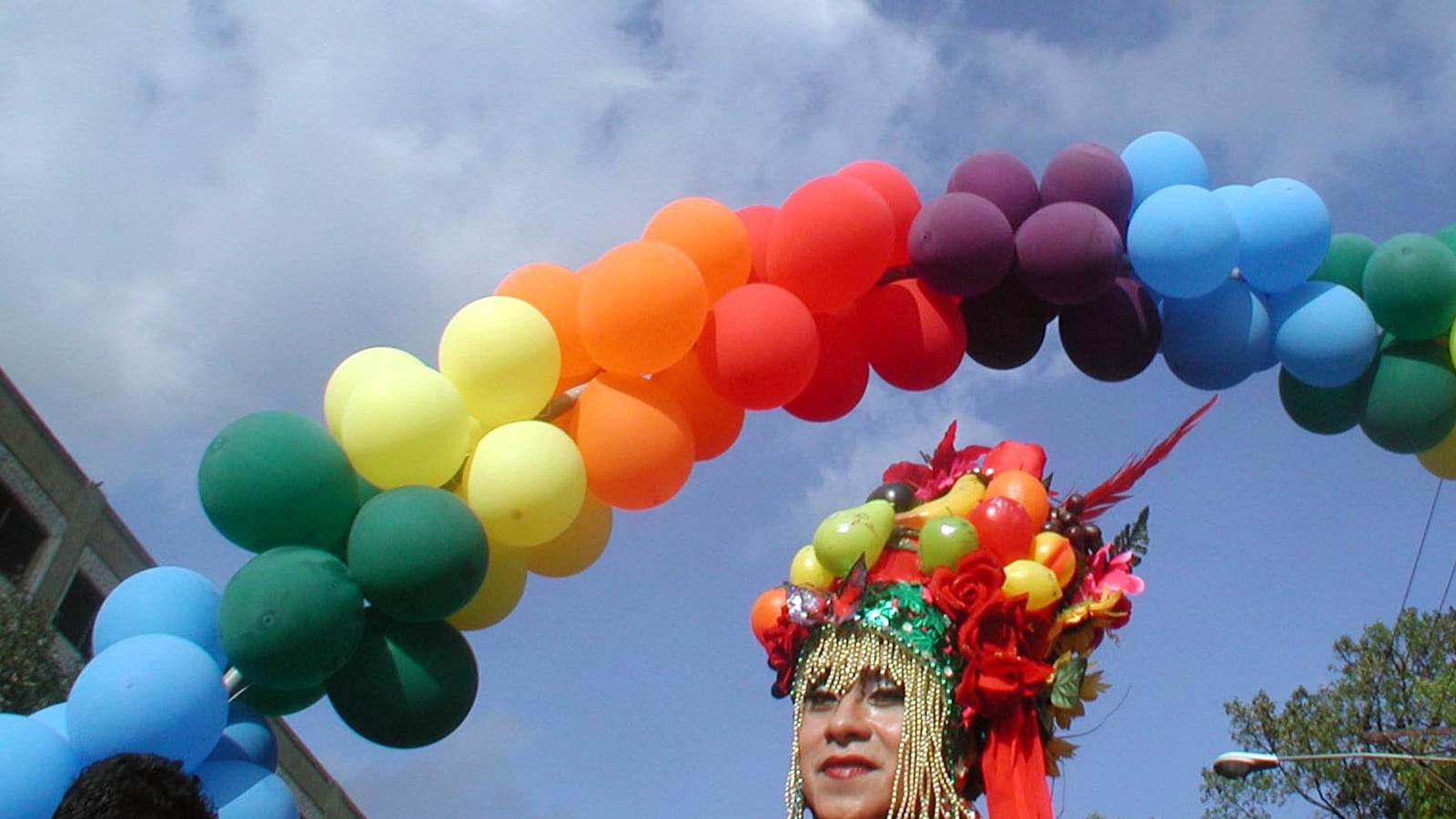Walking into this Salvadoran prison, far from the capital of San Salvador, it’s hard not to be intimidated by all the razor wire, young and heavily armed guards, and squalid conditions. In a country nearly crushed by poverty and joblessness, there is little money left over for making the prisons humane and livable.
Surprisingly, we are treated hospitably and even warmly, by the prison warden and his staff, who are perhaps eager to impress the visiting North Americans. We’ve already removed watches, earrings, wallets, jewelry, belts and the like. We enter with nothing but our passports, which are carefully checked (and kept) by the prison administrator. After going through the metal detector, each of us undergoes a body search, and then waits to be let into the large gathering room which also serves as a cafeteria, where prisoners serve food from behind bars. One lone basketball hoop looms overhead. And then the people we’ve come to see begin filing into the room—men and women (mostly quite young) who are living their lives out in this difficult place as the gay, lesbian, bisexual and transgender people they are.
They seem to trust us, because the woman who has accompanied us here, herself a transgender woman who has endured the indignity of prison, has established a close, profound and continuing relationship with them. If we are her friends, then we are their friends. After sharing a brief religious service, we begin to tell each other stories, our own personal journeys of what it has been like for us to live as openly gay, lesbian, bisexual, and transgender people. Our stories of difficulty navigating this terrain in the U.S. are quickly and easily outdone by their stories of prejudice, abuse, and violence in a country where they are daily subjected to harassment, degradation and violence. It’s a competition no one is eager to win. I am awed by the resilience of these people whose sexual identities are literally a matter of life and death.
It is the transgender prisoners that touch my heart the most. Amazingly, many of them are quite stylishly dressed and wearing makeup, which is surprising, given the conditions in which they are detained, and even more surprising considering the environment in which they are currently living out their lives. Consider, just for a moment, what it takes to be in the body of man and to wear high heels, make up and earrings in a place like this which is the epitome of machismo. It takes an enormous amount of courage for any person, born into the body of one gender but feeling on the inside like the opposite gender, to live her life authentically. To do so in a Salvadoran prison defies comprehension and inspires respect for their grit and determination.
On the outside, transgender people here endure the highest murder rate. Most have been kicked out of their homes for their identification as transgender, losing family, friends and any hope of support. Many turn to sex work or drugs to sustain themselves, being virtually the only ways to survive—which not only puts them in dangerous places with dangerous people, but leaves them easy targets for the police, who are all too happy to throw them into the prisons, like the one I am visiting.
El Salvador is a violent country, not just for its inter-gang warfare, but also for the innocent citizens who are often its victims—not to mention the violence which occurs in families, in which wives and children (especially LGBT children) need not even leave home to be in danger. In this small country, there are on average, 14 murders a day. The two major gangs are run by ruthless leaders, some of whom began their gang lives in the United States, and then continued those associations upon their deportation back to El Salvador. These gangs are virtually a multi-national conglomerate of extortion, coercion and violence, wreaking havoc on this nation of beautiful and kind people.
It is an especially threatening and violent place for those who are gay, lesbian, bisexual and transgender. Following the recent Gay Pride parade, four LGBT people were murdered. Authorities rarely follow up on reports of violence, both because the authorities are no match for the gangs, and because the LGBT community is often viewed as better-off-dead. There are few advocates and allies for this oppressed community, but one courageous group is championing their cause for civil rights: The Episcopal Church of El Salvador. Led by their bold and courageous Bishop Martin Barahona, this tiny church in an overwhelmingly Catholic country is speaking out on behalf of the inclusion of LGBT people in the society and creating safe places for them to gather, to support one another, and to find their ministries to this oppressed minority. It is an astounding thing to behold —everyday Christians putting their lives on the line for an oppressed people. They continue to be inspired by their saint and martyr, Archbishop Oscar Romero, who championed the poor and spoke Gospel truth to the government and powers-that-be, and was murdered by an assassin’s bullet while standing at the altar of a small convent’s chapel.
This is the other end of the immigration pipeline we see on our U.S. borders. Here, it is not at all difficult to understand how parents could make the excruciating decision to send their children on the dangerous journey north, in the hands of paid smugglers, to cross the entirety of Mexico and reach the border of the United States with the hope of gaining entry—because it is a less dangerous option than staying here. Young girls are routinely abducted by the gangs, raped and then killed. Young boys are coerced with threats of violence into joining the gangs and helping carry out the violence perpetrated against their neighborhoods. It is a situation no parent would want their children to endure, and so they send them north with families destroyed and hearts broken. It is simply the better of two evils.
There are no easy or short term fixes to the situation here, with its history of government corruption and wanton violation of human rights. The government is no match for the forces of violence rampant here, even if they had the will to do so (which is easy to doubt here). Parents will continue to make decisions about what is best for their children, even if their chances of reaching and staying in the United States appear bleak. What is clear to me is that these children on our borders must be treated as refugees, escapees from violence, not unlike those fleeing Syria into Turkey and Jordan. These children should be given the protection and sanctuary which humanitarian sentiment requires, because the violence and chaos which precipitates their coming will not be solved anytime soon. In the meantime, may God have mercy on us all.
The Rt. Rev. V. Gene Robinson is the retired Episcopal Bishop of New Hampshire, and a Senior Fellow at the Center for American Progress, Washington, DC. Follow him on Twitter @BishopGRobinson.






